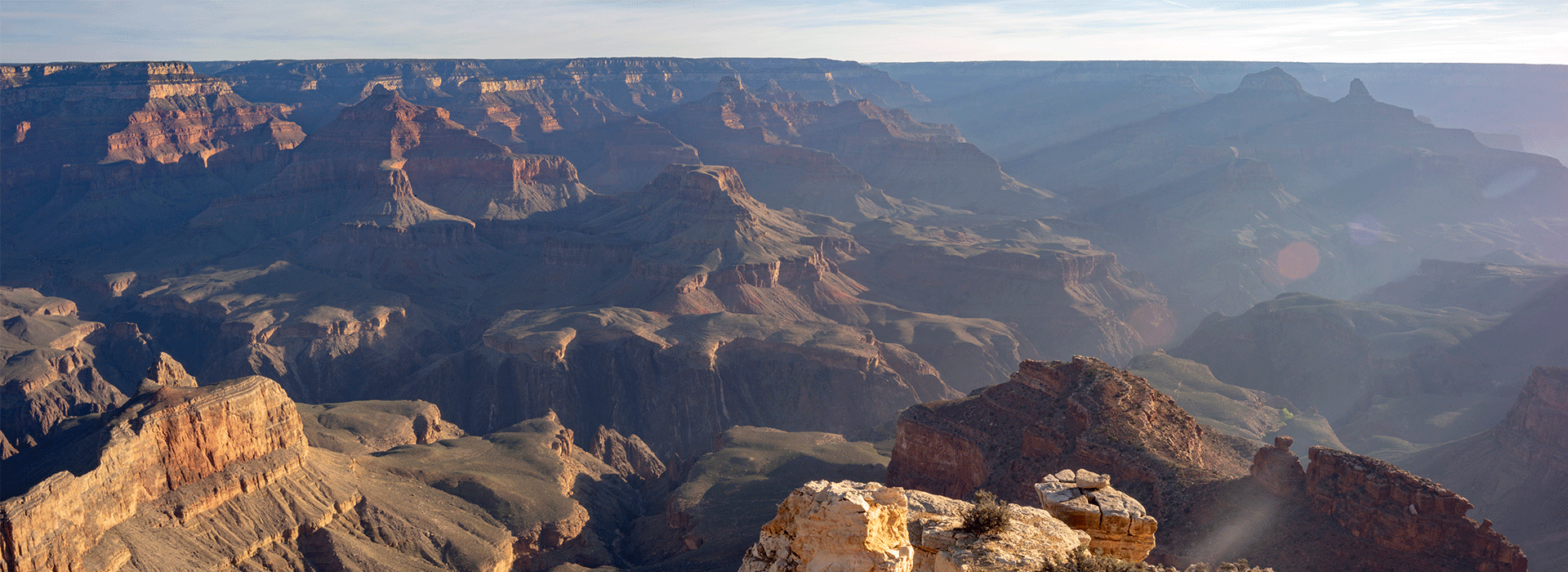National Parks in Peril
By Emma Athena

Photo: Andrew Kornylak
Some of the planet’s rarest and most fragile ecosystems are contained in national parks. As global warming continues to irrevocably manipulate environments worldwide, these pockets of conserved land are particularly vulnerable. In the U.S., national parks face a $12 billion deferred maintenance backlog, according to Estee Murdock, executive director of the Rocky Mountain Conservancy. At the “National Parks in Peril” panel held on Day 2 at The RANGER Station, Murdock moderated a panel that mulled this backlog and other issues like partisan politics, which impact national parks as climate change worsens.
“Parks have a unique role in both telling the story of climate change and also being the places that are experiencing change the fastest,” said Mark Wenzler, senior VP of conservation programs at the National Parks Conservation Association. He advocated for legislation. “We need a bill,” he said. “Adapting to climate change is going to be the most expensive problem [national parks] are going to have to face… I don’t see a pathway now for the parks to even begin to address these problems.”
Gary Davis, a retired National Parks Service marine biologist, argued the importance of maintaining healthy national parks for their impact on visitors. “People have the opportunity to have transformative experiences that make them want to do more things that give us hope for the future,” he said.
The panelists agreed that captivating and scientifically sound storytelling is a key component in engaging the public on climate solutions. “As a culture, we’re emotionally driven,” said artist and conservationist Jenny Nichols. In working with climate change and national parks as a subject matter, she uses photos and films to “help translate concepts into digestible form.”
Aaron Mike, native lands coordinator for the Access Fund, spoke to the success of the widespread, interdisciplinary campaign to protect Bears Ears. Between 2016 and 2018, tribes, scientists, athletes and creatives rallied together to share the land’s meaning and value through stories. Mike advocated bringing more native people into conversations about climate change. “There are people on the ground who see the effects of climate change literally with their [own] eyes,” he said. “A lot of these people tend to be the original stewards of these lands.”
This story comes from the just released Post Show edition of The Daily. Read the whole thing and catch up on everything that took place at Outdoor + Snow Show 2020 here.